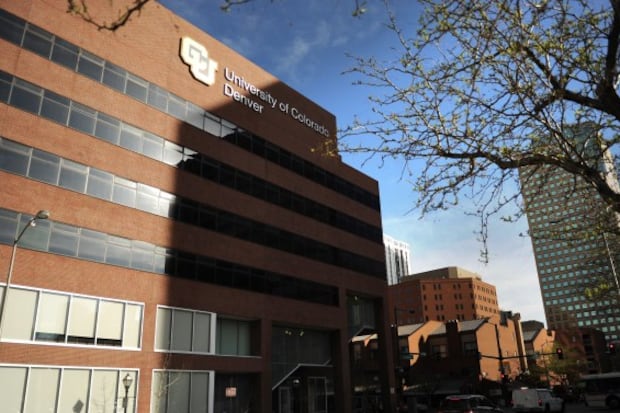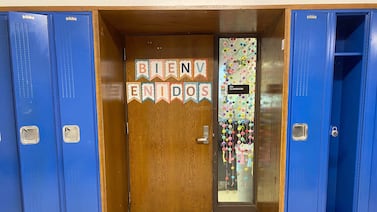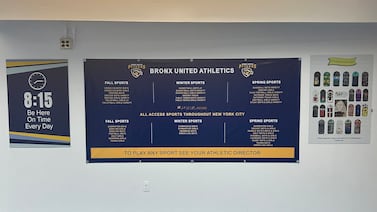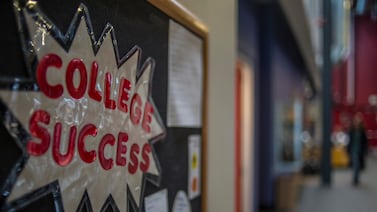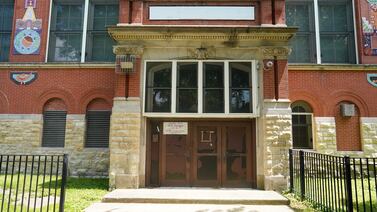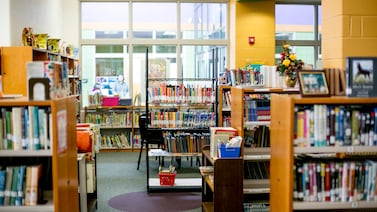The University of Colorado Denver must change how it trains future teachers on reading instruction before it can earn full state approval for four majors in the university’s teacher preparation program.
In a unanimous vote Tuesday, the State Board of Education granted partial approval to the university’s elementary education, special education, early childhood education, and reading teacher programs. Those majors, which enroll about 220 students, will face follow-up reviews in early 2023 to ensure state-mandated improvements were made. The other 16 majors within the university’s teacher prep program, including early childhood special education, won full approval.
Tuesday’s decision is part of an ongoing state effort to hold Colorado’s teacher preparation programs accountable for properly training future educators how to teach reading. The state began cracking down on teacher prep programs — specifically their approach to reading instruction — in 2018 as part of a broader push by lawmakers, state education officials, and parents of children with dyslexia to get more students reading at grade level.
The decision to give four majors partial approval won’t prevent the university from enrolling students in or graduating students from those programs, but it does signify that state officials are concerned. It also gives the state an avenue for a quicker follow-up check, since reviews normally happen every five years for programs that win full approval.
In recent years, the state has also ordered revisions to reading coursework at the University of Northern Colorado, Metropolitan State University of Denver, and Regis University.
The University of Colorado Colorado Springs won full approval for all teacher prep majors Tuesday. It’s the third traditional preparation program to earn full approval on the first try after a state evaluation of reading coursework. The other two are Adams State University and Fort Lewis College.
State reviewers found that candidates in the University of Colorado Denver’s teacher prep program believed only some students who are behind need phonics and that the topic is often not taught by classroom teachers. In addition, reviewers found teacher candidates and recent graduates couldn’t list signs of dyslexia or name the five essential components of reading, which are phonemic awareness, phonics, vocabulary, fluency, and comprehension.
That was not the case for the university’s early childhood special education majors, who state officials noted had a solid grasp of the science of reading, foundational instruction techniques, and dyslexia. About 40 students are enrolled in that program.
In an interview with Chalkbeat on Monday, Barbara Seidl, associate dean of teacher education and undergraduate experiences at the University of Colorado Denver, emphasized that faculty members have made a number of revisions to reading coursework since receiving the state’s reauthorization report a couple months ago. She said those changes will be in place for all reading courses offered in the fall semester, which starts next week.
A state education department leader acknowledged that the university is “already making good strides forward in addressing some of the concerns.”
Even so, the reauthorization report, which is partly based on campus visits by state reviewers last spring, doesn’t paint a complimentary picture of the majors in question.
It cites a raft of shortcomings, including textbooks that feature debunked strategies and conflicting information and classes that omit key concepts about the science of reading and the state’s reading law, the READ Act.
“Faculty stated, ‘There is no one right way to teach reading.’ They stated there are varied perspectives and different sciences,” according to the report.
The “science of reading” refers to a large body of research on how children learn to read. One key finding is that teaching phonics — the relationship between letters and sounds — in a direct and systematic way helps build skilled readers.
“We never were resistant to aligning to the science of reading,” said Seidl.
She noted that faculty members have made changes to reading coursework over the last three years in an effort to meet state standards and that most coursework doesn’t make references to outmoded approaches, such as balanced literacy.
“Whatever remnants might have existed in some courses, that’s what they were, remnants,” she said.
State board members barely commented on the reviewers’ report at Tuesday’s board meeting.
Joyce Rankin, one of the most vocal members on the need for reading-related changes in teacher preparation programs, simply said, “Four out of five is not good.”
She was referring to the fact that of the five majors that include courses on reading instruction at the University of Colorado Denver, only early childhood special education won full state approval.
The State Board will likely get its next crack at deciding whether the four partially approved majors comply with state requirements sometime next summer.
The University of Colorado Boulder and Colorado State University are among the next group of teacher prep programs scheduled for state reviews. Those evaluations will take place this fall, with State Board votes on the results likely in the winter or spring.
Ann Schimke is a senior reporter at Chalkbeat, covering early childhood issues and early literacy. Contact Ann at aschimke@chalkbeat.org.


